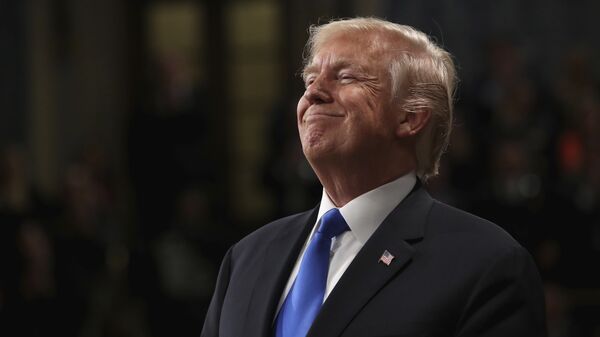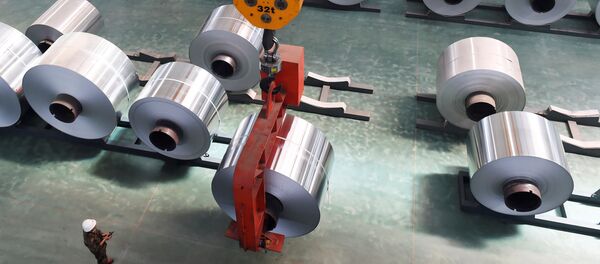Sputnik: Garry Cohn, of course a former Wall Street heavyweight, is the latest in a long string of senior officials to resign from the Trump administration, is this a sign that those around the president are increasingly at odds with his agenda?
Inderjeet Parmar: Not increasingly, I think they have always been at odds with his agenda and to some extent that’s built in to the way in which Trump has made his appointments. He seems to value or find useful kind of opposing views. So for example, when he had Steve Bannon on one side and one or two others. He also appointed people like Gary Cohn too. And obviously Peter Navvaro on the other side in terms of his protectionist stance. I think that schism or debate, if you like, was built into the administration. I think there’s something like one third of all Trump’s appointees in 2017 resigned which is probably more than have resigned in total from the last thirty years’ worth of American presidents.
Sputnik: Is it likely that Trump will think twice now about his protectionist steel and aluminium tariffs, or do you think he will simply replace Cohn with some who agrees with his position on trade?
Inderjeet Parmar: I think that’s a difficult one in terms of who will he put in Cohen’s place. However in regards to reversing, I doubt that. I think he’s made too much of a public statement about this. But there’s some wiggle room because the ban, or the tariff, applies to all states there has been some suggestion that individual companies which produce steel or aluminium may be able to get some exemptions. So I think the idea is that you have to have a tariff for all states regardless of whether they’re friend or foe, because otherwise the foes will export their steel to another country and then they export it from there to the United States. So I think this suggests that this is going to stay.
Inderjeet Parmar: Well he put out his agenda quite clearly during the campaign and since as well, in various speeches – like the inauguration – to the UN through the National Security Strategy, through the National Defence Strategy so I think that a kind of contradiction or a kind of disorganised character of an administration is what is already built in. I don’t think this is going to change him. I think he is preparing for the 2018 mid-term elections and I think this particular tariff announcement is going to really do quite a lot to shore up his base as well as the fact that people like Wilber Ross and other in his cabinet and close to him actually have quite large concerns or interests in steel and other kinds of energy industries as well. I suspect this is going to carry on; this is really aimed toward his base.
Whether he is going to become more reckless? He would say well look, the fact is that I’m leveraging American power. If you look at North and South Korea, they are talking when they weren’t before. I’m extracting more from NATO allies in regard to military spending and so on. I’m asking the rest of the allies to do more for themselves and rely less on the United States, which they are. He will say this kind of strategy is leveraging American power and is getting better results. Even if I’m a critic the fat is that this may be the strategy. So it may well be that what he is actually doing, or those around him plus him are doing, are kind of renegotiating the position of the United States vis a vis allies and not necessarily destabilising the order, or they are temporarily destabilising the order, in order to recreate it on a new platform.
The views expressed in this article are solely those of the speaker and do not necessarily reflect the official position of Sputnik.




